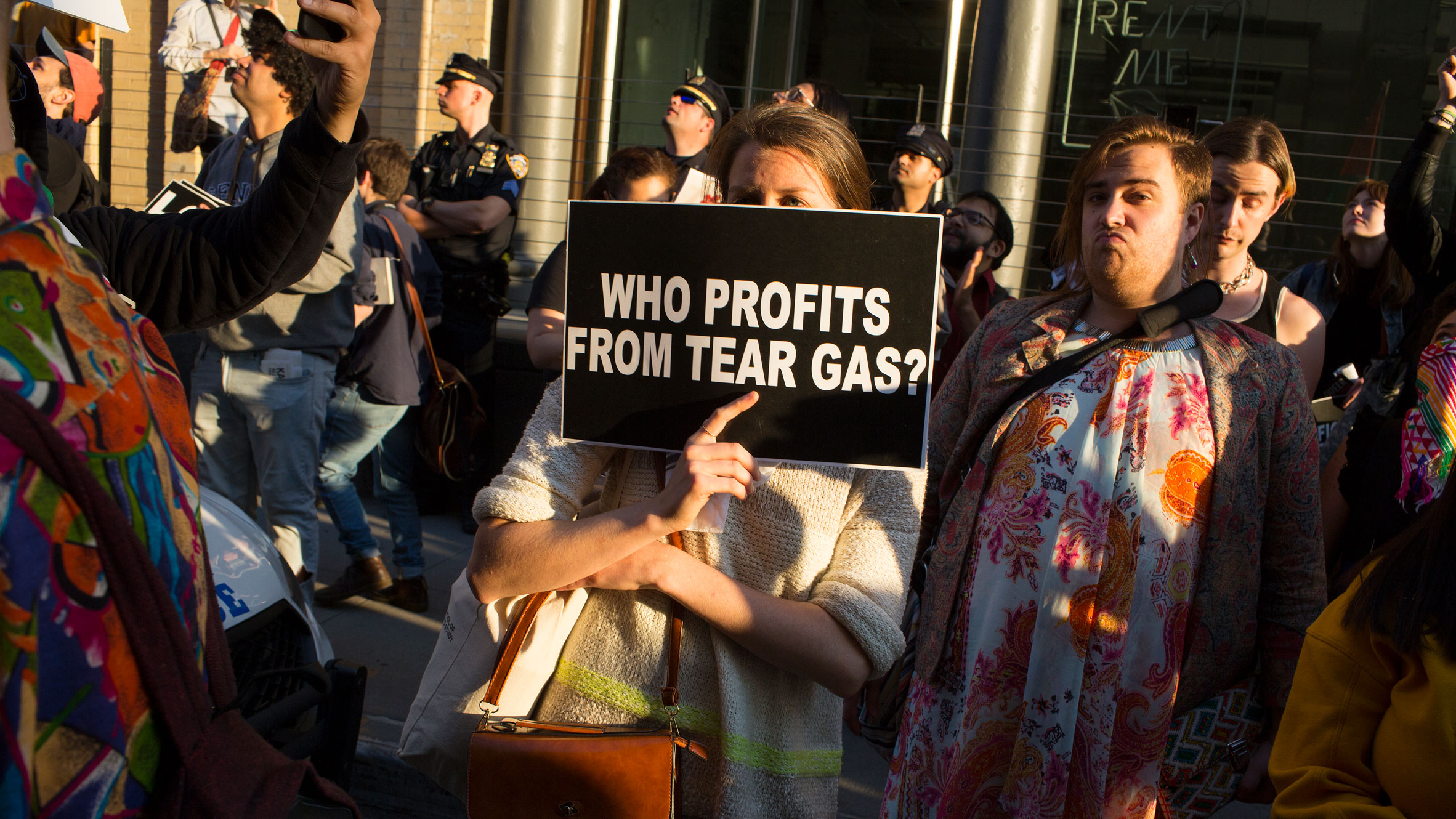Community, Leadership, Experimentation, Diversity, & Education
Pittsburgh Arts, Regional Theatre, New Work, Producing, Copyright, Labor Unions,
New Products, Coping Skills, J-O-Bs...
Theatre industry news, University & School of Drama Announcements, plus occasional course support for
Carnegie Mellon School of Drama Faculty, Staff, Students, and Alumni.
CMU School of Drama
Monday, September 16, 2019
"Toxic philanthropy" hits architecture and design institutions
www.dezeen.com: The resignation of Joichi Ito for accepting donations from sex offender Jeffrey Epstein is the latest in a wave of departures, protests and torn-up sponsorship deals dubbed "toxic philanthropy". His departure follows similar storms at the Design Museum, the Serpentine Galleries and the Whitney Museum.
Subscribe to:
Post Comments (Atom)

4 comments:
This article is rather on the shorter side for a topic that could have entire novels written on it. It is no secret that in the past decade a lot of shameful and/or illegal secrets came up for a lot of people in public light. While some people’s careers are ending because they committed terrible crimes, some entire companies are collapsing due to having sent or received support from someone problematic. This article highlights recent corporate heads Joichi Ito and Warren Kanders. Neither of these two stepped down gracefully, Kanders sat through months of protesting until he resigned in July 2019. There is no telling which of a company’s donors may commit crimes some day, but these companies covered up their tracks with the problematics. Whether a company receives donations from a company that produces tear gas or from a sexual predator, there needs to be open communication when there is confrontation. If the companies did not try to cover their tracks, they still might have their previous leads.
This is not the first disparaging article about the arts funding that I have come across on this blog, and I doubt it will be the last. As a total outsider to the fundraising and donation sides of theatre, it is fascinating, but unfortunately not surprising, to hear about the deep, dark underside it has. This idea of “toxic philanthropy” that many arts organizations have found themselves caught in create a conundrum, and, for some a moral dilemma. Many artistic institutions provide themselves on being agents of change, pillars of diversity, and open doors for all, but at what point do they decide that they have done enough. When do they feel it acceptable to turn a blind eye to the failings of those that surround them; those that they choose to work with. We put so much energy into knocking down these behaviors in our art and in our social engagements, and seeing them appear in such prominent and influential ways is not only discouraging, but something that truly should not be happening.
I have to agree with Bianca in that I am very surprised by how short this article is for the topic being covered. The sad truth is that people have known for years about these nefarious practices and shady dealings, but it takes movements of these size to force people to resign. Also, while I think it is important for people who take part in these practices to be forced out of their high paying positions, it doesn't solve the deeper problems within those companies that pushed them to make these deals. Though the issues related to instances of sexual misconduct fall into a different category, the shadier dealings discussed in the article show a deeper issue within the corporations themselves, not just the people at the top. On the other hand, it is hard to create change that deep in the framework of a company without completely replacing the people that run it. I think that it is important to begin replacing executives with workers from younger generations who show leadership abilities because with younger generations comes more concern for how companies are run and not just how money is being made.
We live in a world where lines are becoming blurrier than ever. This article focuses on companies and individuals who have, of course, crossed a moral “line” (or, sometimes, many lines). This moral turpitude is not a new concept, however; especially not when it comes to the uber rich or powerful. I understand that we live in a changing society; that public morals now guide private interests, especially in the global public forum that houses itself over the internet. That these organisations are being attacked for taking money that was offered to them seems slightly suspect to me. I for sure don’t support the actions of Yana and Stephen Peel and I most definitely don’t support those of Jeffrey Epstein, but I don’t think that we should condemn institutions for taking their money. Hiding that they accepted funds from these so-called “problematic benefactors” is another situation and we as an arts community must learn how to deal with it; but if one was to only accept donations from those pure of character, no one would ever receive any funding.
Post a Comment